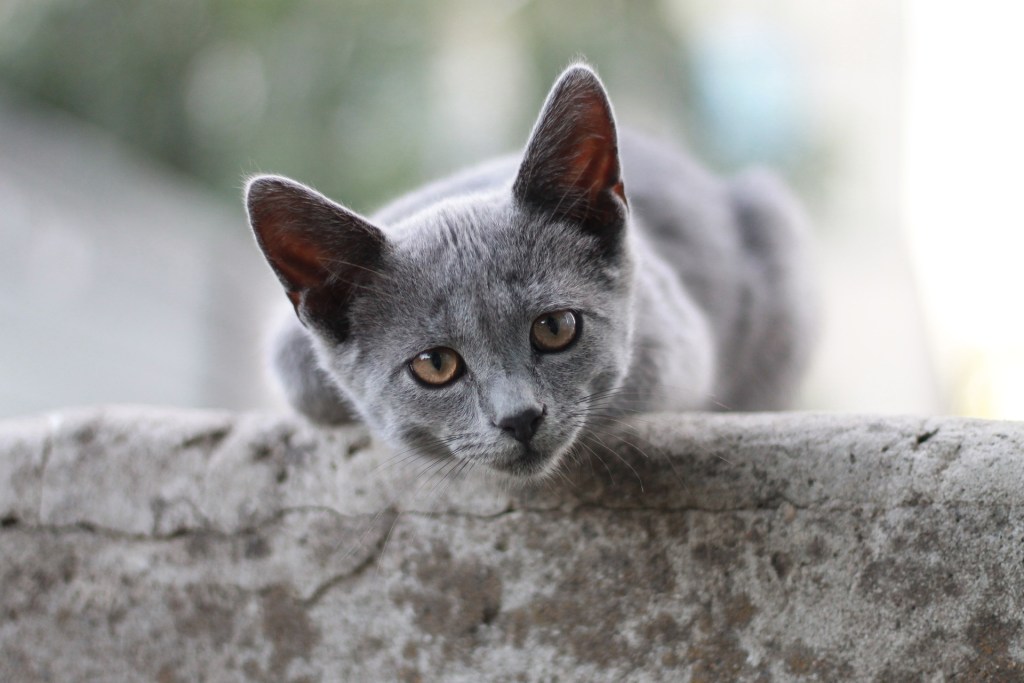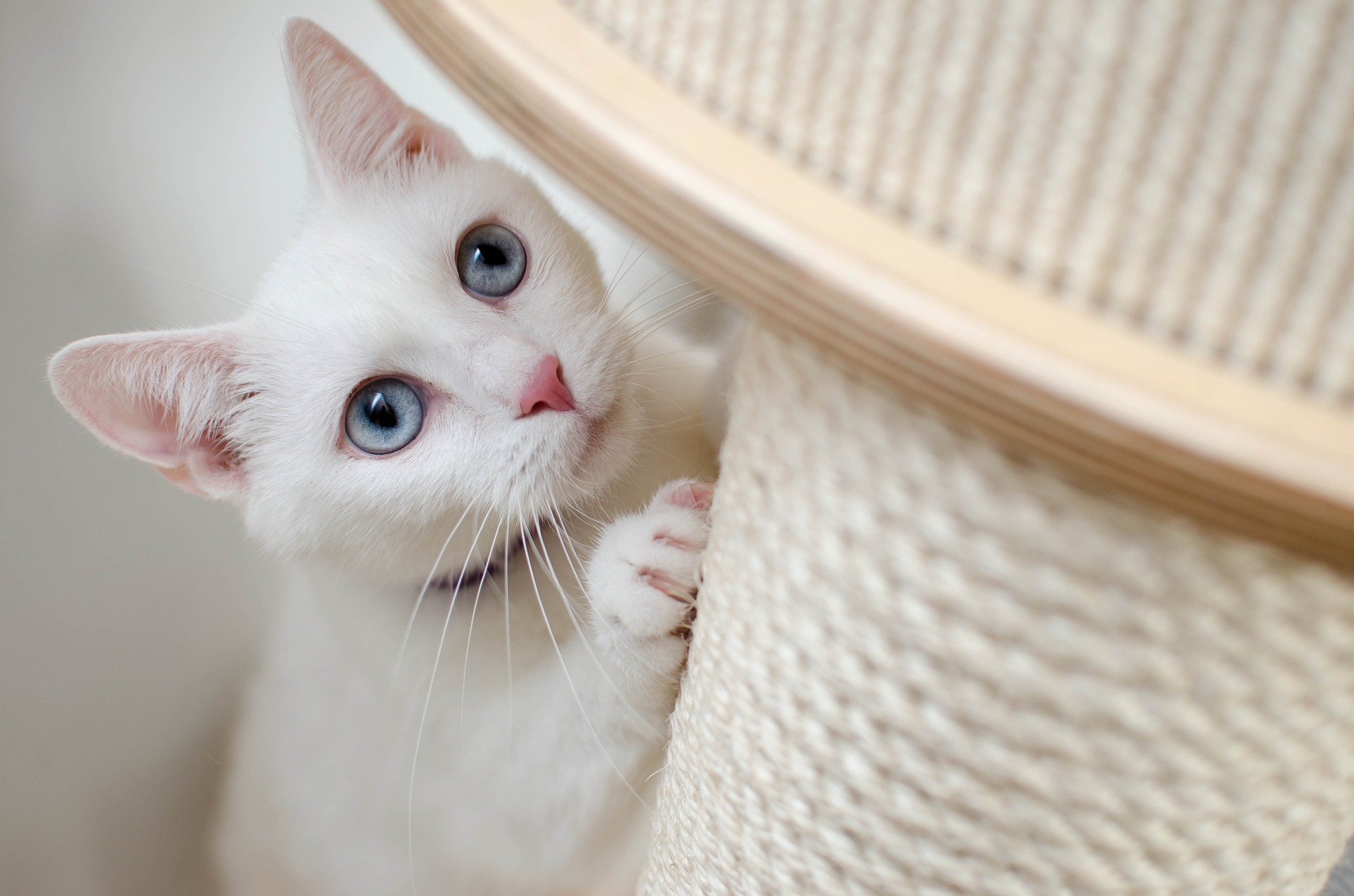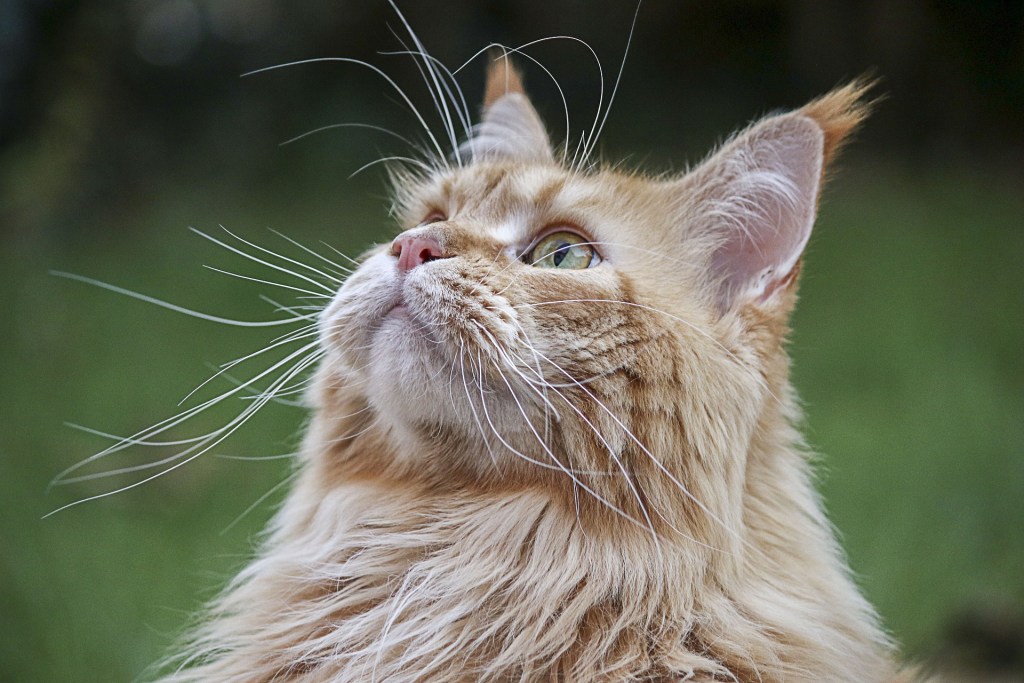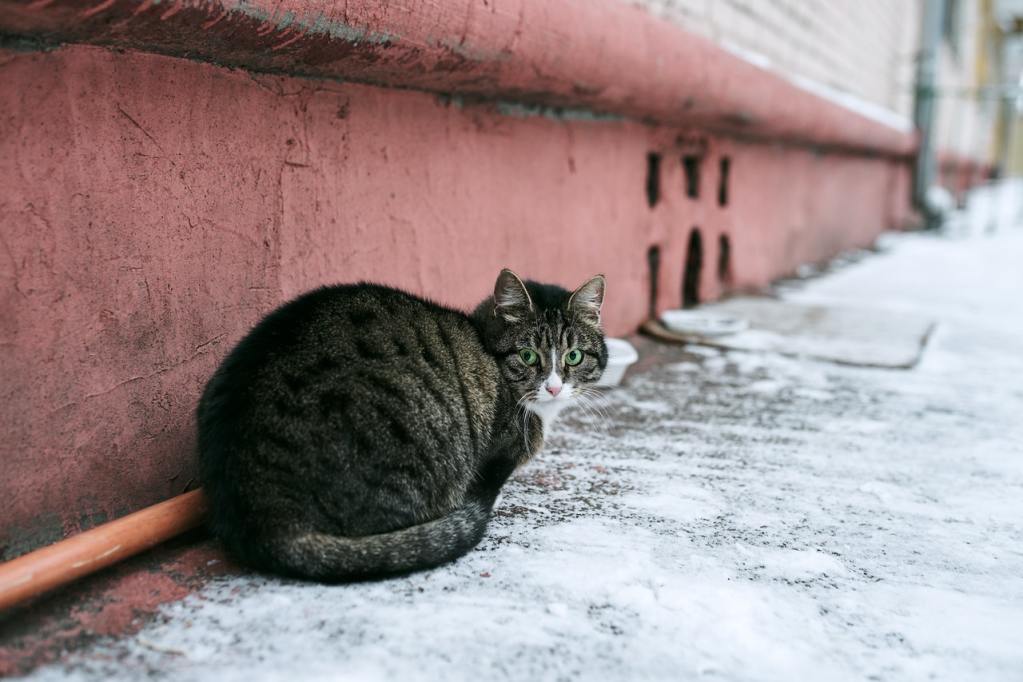You might not know your cat’s age, especially if you adopted your feline friend from a shelter. However, this information is extremely beneficial as it enables you to provide them with the care they need as they progress through life. For instance, your vet will be on the lookout for certain conditions that typically emerge at particular ages, and you’ll also know when it’s time to switch your cat from kitten food to adult cat food.
If you’re wondering how old your cat is, the following tips can help you determine their approximate age.

How do you determine your cat’s age?
Even though you may never know your cat’s exact age, it’s important to establish a baseline. There are several things to pay attention to.
Look at your cat’s teeth
If your cat is young, their teeth might offer insight into their age. Kittens start to develop baby teeth at about 2 weeks old, and those teeth finish coming in once the kitten is about 8 weeks old. When the kitten reaches 4 months of age, their baby teeth will start to fall out as their adult teeth come in. Kittens will usually have all their adult teeth once they’re 7 months old.
Judging age based on your kitten’s teeth can be a little tricky, and this method is useful only until your kitten reaches about 7 months of age. Your vet can help you examine your kitten’s teeth and assist with establishing an approximate age.
Pay attention to your cat’s eyes
Cats’ eyes change as they mature. Kittens’ eyes are bright and clear, but once a cat reaches about 6 years old, their lenses become a little cloudy. Your cat’s irises will also gradually break down as they age, which prevents your cat’s pupils from fully contracting. Again, your vet can help you recognize what age your cat’s eyes imply they are.
Observe activity and grooming habits
Your cat’s activity level and grooming habits may also provide some clues about their age. Most younger cats and kittens are highly playful and active, but their activity level tapers off as they get older.
Younger cats tend to be meticulous groomers, but as cats age, arthritis and general lack of mobility can make it more difficult for them to groom themselves as thoroughly.
Your vet can help you weigh all the above factors and then make an educated guess about your cat’s age. Unless you know your cat’s birth date, there’s no way to calculate their precise age, but with your vet’s input, you can estimate how old your cat might be.

Calculating your cat’s age in human years
People used to assume that one year of a cat’s life was equal to seven years of human life, but that calculation isn’t quite accurate. Consider how quickly your cat grows during their first year of life. A 1-year-old cat is actually equivalent to a 15-year-old human. Once your cat is 2 years old, they’re the equivalent of a 24-year-old human.
The best way to determine your cat’s age in human years is to use a cat age calculator.

How long do outdoor cats live?
On average, outdoor cats live significantly shorter lives than indoor cats. According to a report by the University of California Davis, indoor cats live an average of 10 to 15 years, while outdoor cats typically live only two to five years. Outdoor cats are exposed to more dangers than indoor cats, such as predators and road traffic.

Understanding how old your cat is can help you ensure they’re getting the care they need. You and your vet can work together to watch for health issues that tend to occur at different stages of life. This will help you support your cat through the common challenges of growing older, such as arthritis. While you might never know exactly how old your cat is, you can usually make a close guestimate. And when it comes to your cat’s birthday, you get to decide which day will be their special day (and then, of course, celebrate accordingly).
Editors' Recommendations
- Wondering why cats chirp? Fascinating reasons why your cat chirps at birds (and you)
- How to tell if your cat is a Maine Coon mix (and why you should care)
- Why doesn’t my cat meow? Here are 5 reasons why your feline friend is silent
- Cat begging for food? How to make it stop for good so you can eat in peace
- Why you should feel honored if your cat sleeps at your feet



